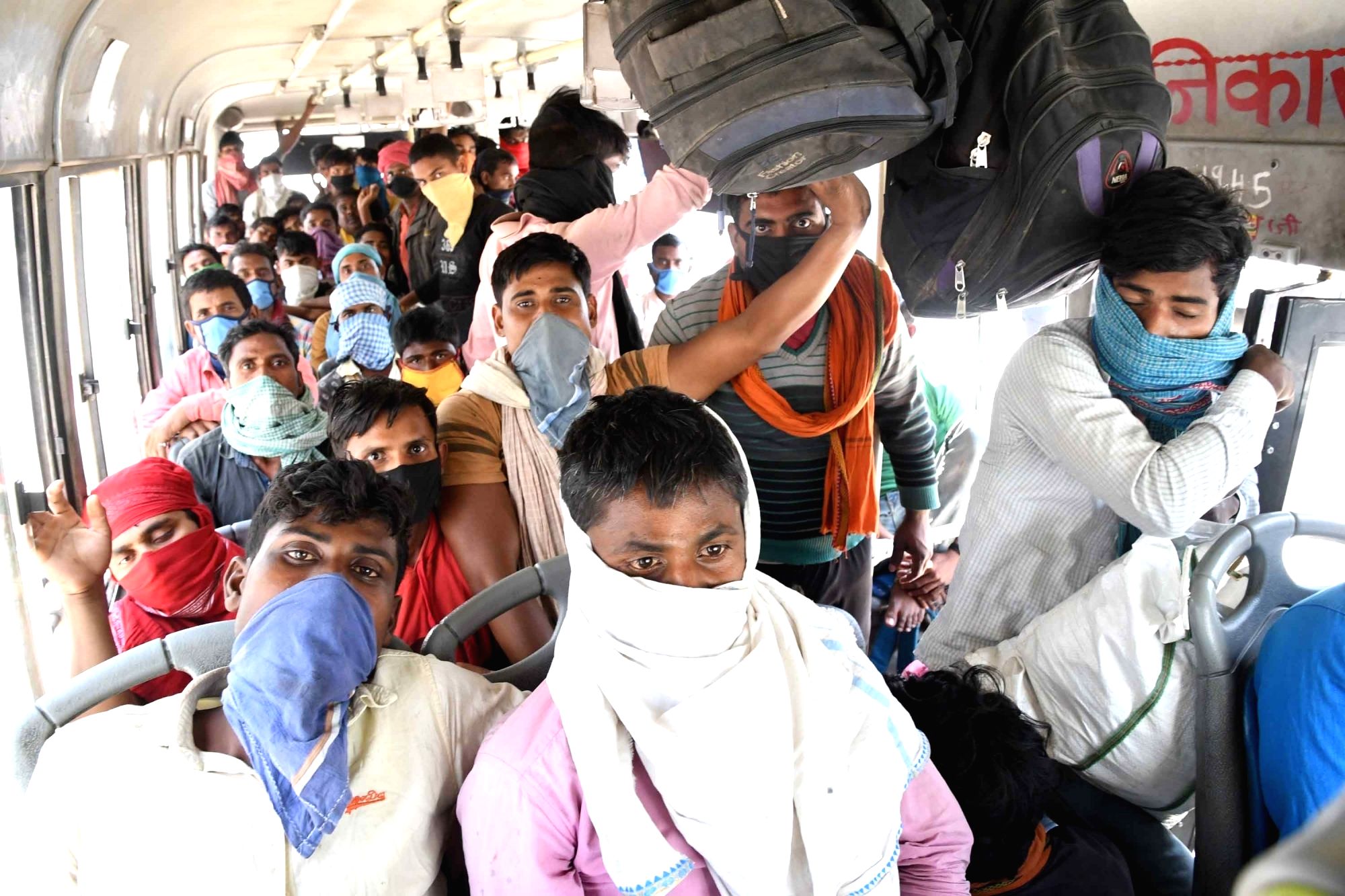

By Linus Garg
First publised on 2020-04-08 08:47:23
It is now becoming clearer that the Centre is not going to lift the lockdown in a hurry. With COVID-19 cases showing no signs of abating and with hospitals across the country showing signs of becoming hotspots, the governmentâs hand is forced. Several state governments have also pitched in by suggesting that the lockdown should be extended. Even the group of ministers tasked with drawing up with a strategy to consider an exit plan have suggested that schools, colleges and shopping malls remain shut for a further period of one month. It is also being speculated that all travel modes might not begin functioning on April 15.
The main issue before the government is preventing crowding and unnecessary movement of people. This, in a heavily and densely populated country like India, is easier said than done. The moment the lockdown is lifted and public transport become available, people will start using it in huge numbers. Although there has been some awareness about social distancing and other precautions that need to be followed to avoid coronavirus infection, the unruly scenes being witnessed in markets and grocery shops during the lockdown suggests that it is not yet the time to lift the restrictions in full.
The government is considering allowing private vehicles to ply (with restrictions on the number of passengers in each vehicle) and some businesses to open in a bid to start the wheels of commerce and perhaps revive the economy. While that might be necessary, it should be done on an experimental basis and the effects should be strictly monitored. If it leads to crowding and there is a danger of spreading the virus, it should be stopped again. As Vice-President Venkaiah Naidu said, the main issue now is to save lives and economic revival can wait.
But if the lockdown is extended, even if in a watered-down manner, it will now cause immense hardship to even the relatively better-off people. With no income and with almost all daily use items like vegetables, meat and fruits selling at a high premium, savings are vanishing at a fast rate. The government will have to consider a bigger relief package to alleviate the sufferings of a wider class of people. It is not only the poorest of the poor who are suffering. Even the people several notches above that line and those who depend on their skills to make a living are also feeling the stress. The government will have to provide relief to them also. But since the government is facing an acute fund shortage, it is finding it impossible to fight COVID-19 on the one hand and provide financial relief to stressed citizens on the other.











